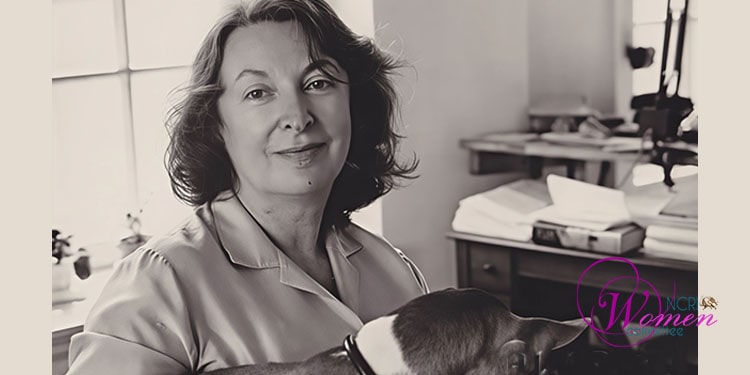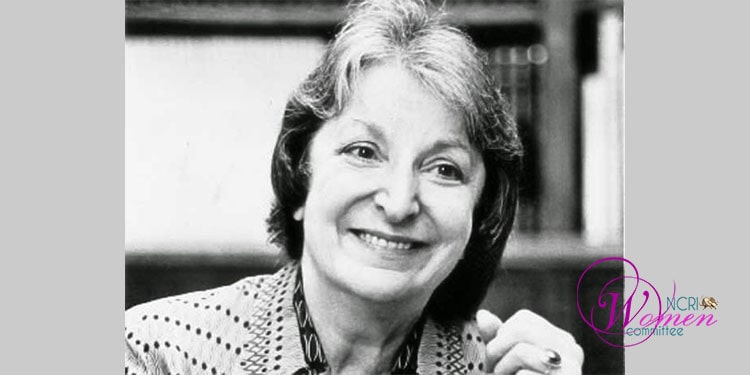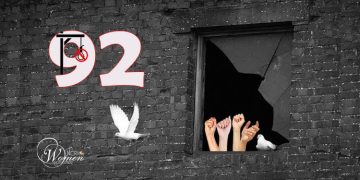Pauline Kael, born on June 19, 1919, in Petaluma, California, was one of the most influential American film critics of the 20th century. Known for her bold opinions and sharp wit, Kael transformed movie reviews with her work at The New Yorker from 1968 to 1991. She passed away on September 3, 2001, in Great Barrington, Massachusetts, leaving a lasting impact on cinema criticism.
Early Life and Career
Kael grew up in a Jewish farming family and developed a deep love for literature and cinema from an early age. After graduating from the University of California, Berkeley, in 1940, she began writing for various publications. Her early books, including I Lost It at the Movies (1965) and Kiss Bang Bang (1968), established her as a fearless voice in film criticism, praised for her sharp analysis and engaging style.

Influence on Film and Criticism
Pauline Kael’s reviews were renowned for their passionate and personal approach, often challenging conventional opinions in movie journalism. She championed filmmakers and films that broke norms, influencing generations of critics and inspiring directors such as Quentin Tarantino and David O. Russell. Her unique voice made her a central figure in shaping modern film criticism.
Legacy
Even decades after her passing, Kael’s impact on movie reviews and cinema writing continues to be felt. Her fearless style, insightful commentary, and dedication to the art of film criticism make her biography essential reading for anyone interested in the history of American film criticism.
























